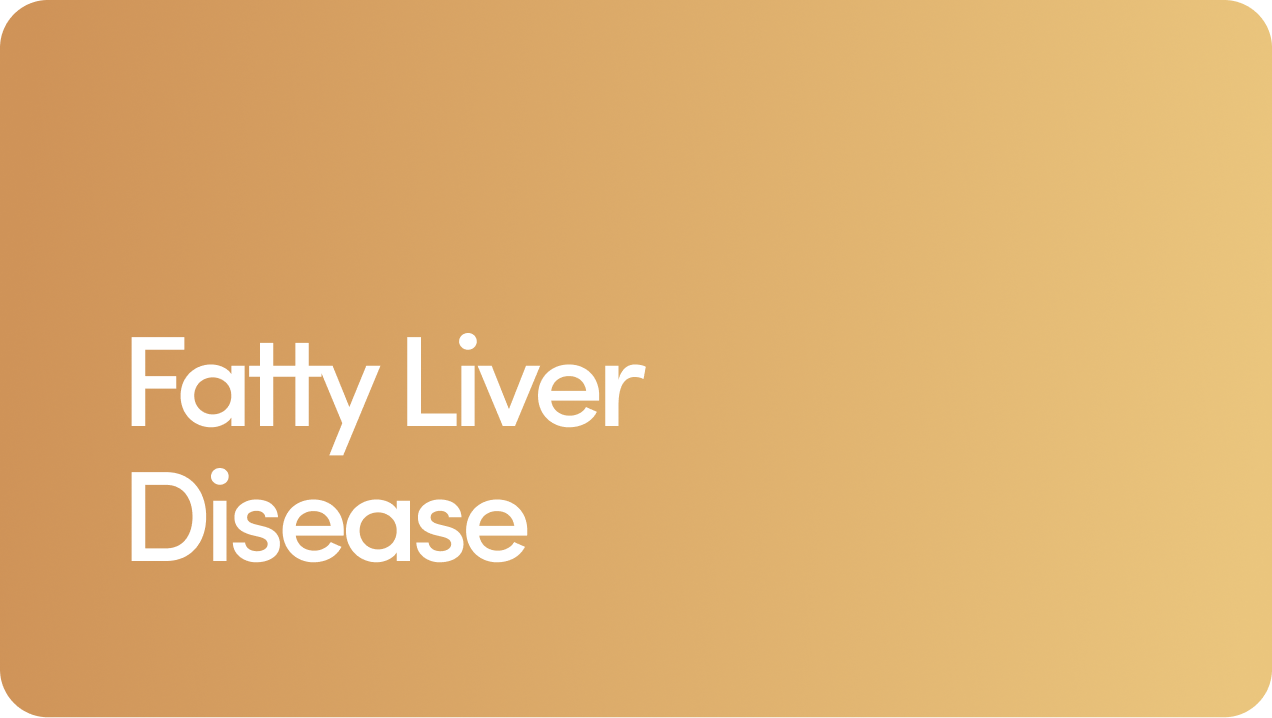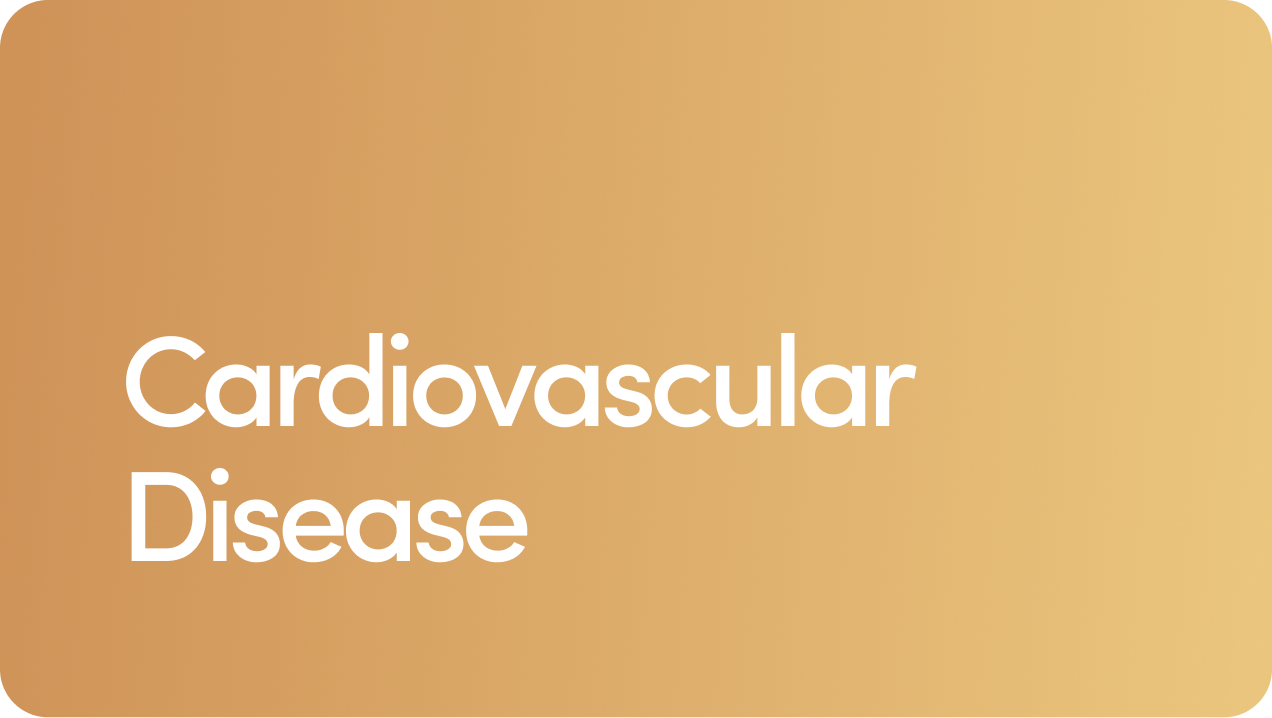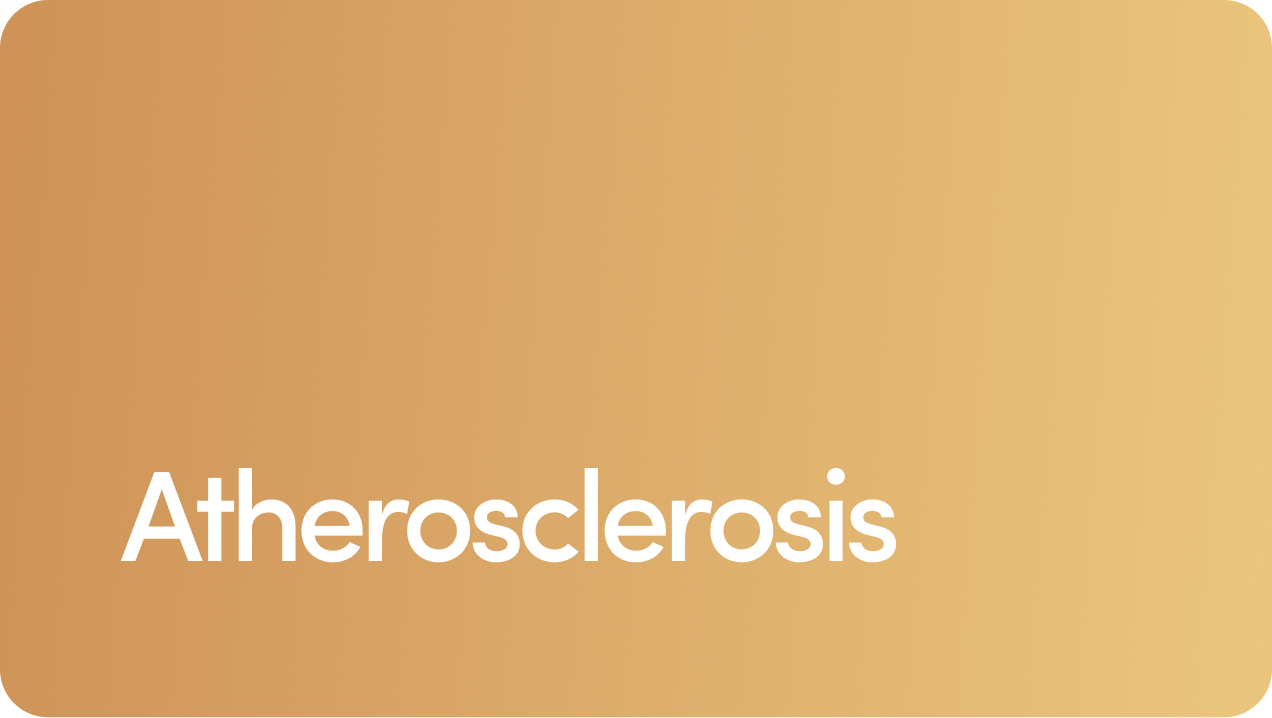Content
Weight loss treatment for where you are now
Weight Gain After Injury: How to Prevent and Manage It

You’re recovering from an injury, and suddenly, your body feels unfamiliar. The number on the scale is creeping up, your clothes might fit differently, and movement feels harder than it used to. Weight gain after injury is frustrating, no doubt — and it’s also incredibly common.
Whether it’s a Reddit thread, product review, or passing comment, many people share the same experience: I got hurt, I couldn’t move the same way, and I started gaining weight.
Sometimes, there’s a physical barrier, like joint pain or limited mobility. In other cases, it’s more about the mental toll of recovery — or a mix of both. Regardless of the circumstances, there are tools to help you manage weight while recovering from an injury, from gentle lifestyle modifications to medications.
We’ll get into why post-injury weight gain happens and how people can manage it. We’ll also highlight stories from people who’ve gone through it firsthand and found support through the Hers weight loss program.
Content
Gaining weight after an injury can stem from a mix of physical, mental, and even hormonal changes. From a sprained ankle to lingering back pain and post-surgical recovery, it’s common for your body to shift in ways that can feel out of your control.
So, what causes weight gain after an injury? A few reasons include:
Less movement. Even once the injury starts to heal, pain or stiffness can make it harder to stay active. Sometimes, pain or fear of reinjury can make it even harder to get moving again.
Muscle loss. Reduced activity levels and not eating as much if your appetite is lower (especially protein!) can lead to losing muscle mass and slow down metabolism.
Mental health challenges. Both recovery and pain can impact mood, eating habits, and motivation to move. Specifically, you might experience things like stress-eating or sleep disruptions.
Medication or hormonal changes. Some prescription drugs, including ones used post-surgery, have weight gain as a side effect.
The cause of weight gain can also depend on the type of injury. Let’s explore a few common ones.
Musculoskeletal Injuries
Musculoskeletal injuries are among the most common injuries. They’re often referred to as sports injuries, even if they don’t happen to an athlete or while engaging in a sport. This type of injury can also happen during everyday activities or even minor accidents.
Musculoskeletal injuries are those that damage muscles, bones, ligaments, tendons, and tissues that control movement and balance. They can include:
Fractures
Dislocations
Sprains
Strains
Contusions
Tendonitis
Bursitis
Back injuries also fall into this category. They’re a common source of limited mobility and pain, which can reduce physical activity and contribute to weight gain over time.
Concussions and Traumatic Brain Injuries
Weight changes — including weight gain — are common after a traumatic brain injury (TBI). In one clinical trial, more than half of the participants with TBI had overweight or obesity.
Some people experience initial weight loss because of things like reduced appetite or increased metabolism during early recovery. But over time, research suggests the risk of weight gain may increase — especially without the right support.
Weight gain after brain injury can stem from a range of factors, including:
Reduced mobility
Neurological changes
Medications
Shifts in metabolism
Existing medical conditions, such as diabetes and hypertension (high blood pressure)
Everyone’s recovery journey is different, and understanding the body’s response to injury is a powerful first step.
Whether you’re experiencing weight gain after concussion or weight gain after knee surgery, there’s good news: You don’t need to overhaul your life overnight to get back on track.
Taking small, realistic steps can support sustainable and safer weight loss. In fact, going too hard too soon or taking other drastic steps can actually be detrimental.
Though there’s no one-size-fits-all approach for how to not gain weight when injured, some resources and tools are worth trying. Let’s explore a few options ahead.
1. Prioritize Restorative Sleep
Sleep isn’t just about energy. It’s when your body does most of its repairing, which makes it especially important during injury recovery. Getting enough shut-eye is also linked to preventing sports-related injuries and car accidents.
Where does weight enter the picture? To put it simply, not getting enough rest can throw off appetite-regulating hormones, potentially making it harder to manage cravings or feel satisfied after meals.
Aim for seven to nine hours of consistent, high-quality sleep each night. If you’re not quite there yet, try setting a regular sleep-wake schedule and creating a wind-down routine that works for you.
2. Stay Hydrated
Water plays a key role in nearly every bodily function, including supporting metabolism, helping curb hunger, and supporting joint health. One study on athletes also shows that properly hydrating plays a role in performance and recovery.
Drinking water on its own won’t replace strength training or cardio and eating well for weight loss. But it does create the foundation your body needs to heal, feel better, and potentially lose weight in a sustainable, safe way.
3. Rebuild Strength (When You’re Ready)
Rebuilding strength can feel daunting, especially if your go-to workouts are off-limits. But you don’t need to bounce back to your pre-injury routine overnight. The idea is to meet your body where it’s at and slowly build from there.
So, while the general guidelines recommend 150 minutes of moderate-intensity activity per week, plus a couple of sessions of strength training, it’s best to start small and listen to your body.
It might be reassuring to hear that small daily movements still count. Once cleared by your healthcare provider, you can:
Walk the dog in your neighborhood or take a walk around the block on your own
Stretch, do yoga, or engage in some light strength work (like gardening)
Stay mobile throughout the day while doing things around the house
Swim, try water aerobics, or do mobility exercises
The key is to find ways to stay active without putting too much stress on healing areas.
Eventually, you may be able to start (or get back into) resistance training and cardio, depending on the injury.
When in doubt, talk to your healthcare provider about when to return to activities or start resistance training again. Downtime can vary by injury, and your provider may be able to refer you to a physical therapist who can give you a personalized plan and help you avoid getting hurt again.
4. Focus on Your Eating Habits
When recovering from an injury, your body is in repair mode, which means good nutrition is particularly important. And although it’s true that creating a calorie deficit (eating fewer calories than you burn each day) is key to weight loss, what you eat matters just as much as practicing portion control.
The goal isn’t to crash-diet or count every single calorie. It’s to nourish your body with foods that support healing, help you feel full and satisfied, and make it easier to manage weight when movement is restricted or off-limits altogether.
Focus on nutrient-dense foods most of the time, including:
Fruits and vegetables. These provide nutrients like fiber, antioxidants, minerals, and omega-3 fatty acids.
Nuts and seeds. Eating more seeds and nuts helps you get healthy fats and protein.
Whole grains. This includes quinoa, farro, whole-wheat bread, and barley. Whole grains may help with weight regulation more effectively than refined carbs.
Lean protein. Think chicken, fish, eggs, tofu, and Greek yogurt. Protein helps preserve muscle mass, supports healing, and keeps you fuller longer. (Our protein calculator can give you some personal guidance.)
You can also try to cut back on ultra-processed foods and excessive sugar intake (including drinks!), which have been linked to weight gain — particularly when you’re not burning as many calories through activity.
5. Look After Your Mental Health
Injury recovery can take a toll on your mental well-being — and that stress can show up in unexpected ways, including weight gain. Not to mention, the weight loss journey itself can be stressful, especially when you’re navigating pain, limitations, or a long recovery.
The relationship between stress and weight is complicated and different for everyone. Often, stress makes the body produce more cortisol, a hormone that can increase appetite and drive cravings for high-fat, high-sugar foods. In some cases, it can change your metabolism or lead to stress-eating.
To manage stress, improve emotional regulation, and take care of your well-being during injury recovery, add some of these tools to your mental health toolkit:
Mindfulness or meditation, even for a few minutes a day
Gentle movement like walking, stretching, or yoga (chair yoga can be great for some injuries)
Journaling about your thoughts, habits, or daily wins
Therapy or counseling, particularly when you’re feeling stuck or overwhelmed
If you’re struggling with issues like anxiety or depression, don’t hesitate to reach out to a healthcare provider for support, medical advice, and treatment. You’re not alone, and a healthcare professional can help sort through your options, including medication.
You can schedule an online consultation through Hers today to learn more.
6. Consider Weight Loss Medications
For some, including folks with injuries, lifestyle changes aren’t enough to achieve weight loss. Medication can be the missing piece of the puzzle to put you on a path toward overall health — especially if an injury has led to significant weight gain and other health problems.
If you think you might be eligible for weight loss medication, you can reach out to a healthcare provider through Hers to learn more about your options, like glucagon-like peptide-1 (GLP-1) receptor agonists.
GLP-1s can promote weight loss when used alongside other healthy habits like nutritious eating, good sleep hygiene, and daily movement. They include:
Wegovy®. This once-weekly injection contains the active ingredient semaglutide. It’s FDA-approved for weight loss in those with a body mass index (BMI) of 30 or more or 27 or more with a weight-related health condition. In a 68-week Wegovy® clinical trial, people lost up to 20 percent of their body weight.
Ozempic®. Ozempic contains semaglutide and is approved by the FDA for treating type 2 diabetes. It can also be prescribed off-label for obesity treatment.
Saxenda®. Saxenda is a daily injection containing liraglutide. It’s FDA-approved for obesity treatment.
Victoza®. This drug also contains liraglutide. It’s approved to treat type 2 diabetes and is sometimes prescribed off-label for weight loss.
Zepbound®. This once-weekly injection contains tirzepatide and is FDA-approved for weight management.
Mounjaro®. This medication also contains tirzepatide. It’s FDA-approved for type 2 diabetes but is sometimes prescribed off-label for weight loss.
In addition to some of the GLP-1s above, Hers offers access to personalized oral weight loss medication kits. The kits may include a combination of the following medications, depending on your weight loss goals and health history:
Bupropion. Generic for Welbutrin®, this antidepressant can be prescribed off-label in combination with other medications to help support weight loss.
Metformin. Metformin is FDA-approved as a diabetes drug and sometimes prescribed off-label for weight loss.
Topiramate. This antiseizure drug is prescribed off-label for weight loss. Topiramate suppresses appetite, which can make you feel fuller for longer.
Naltrexone. Naltrexone can reduce cravings for alcohol and opioids and may help with weight management when combined with other medications.
Hers customers taking oral medications while also making healthy lifestyle changes report losing an average of 15 pounds (or roughly 8.4 percent of their body weight) in the first six months.*
*Based on self-reported data as of March 2025 from approximately 1,172 Hers customers on a personalized treatment plan, including oral medication kits, along with a reduced-calorie diet and exercise. Customers reported their weight at their initial medical consultation and again at their check-in about six months later.
Reviews From Hers Customers With Weight Loss Results After Injuries
Hearing from people who’ve been through it can make all the difference. Here’s what a few Hers customers had to say about their own journeys and how they managed weight gain after injuries:
“I’ve been skinny all of my life until this summer when I fell and broke my left knee and my right elbow. I was no longer able to be as active as I was, confined to a brace or wheelchair, and I definitely started eating more. 20 pounds crept up in no time. Then, at the end of the summer, my son got engaged, and the thought of my weight at his wedding was terrifying. I knew I needed help, and Hers seemed like the answer. The progress was slow and steady. I had to reach out to the care team for some help with a side effect, and they were amazing. They adjusted my medications, and it’s been smooth sailing. With watching what I eat, disco dancing, and [medication], I fit in my mother-of-the-groom dress and felt like a million dollars! “ —Mimi C., 69, oral weight loss medications through Hers
“In 2024, I found myself having increased back pain and came to find that I had herniated a disc that was pushing on my sciatic nerve. I had gained substantial weight over the past four years and knew that I needed to lose the weight to get the pressure off of my nerve, but I was unable to be active with my injury. I signed up with Hers, and I’ve lost around 17 pounds, and my back pain has gone away almost completely. The process was easy, and the team has been supportive. I’m glad that I finally have reliable help to get me through this.“ —Marisol, 35, GLP-1s through Hers
“I’ve been athletic from a very young age … [which] carried through my 40s and early 50s, until an earlier knee injury forced me to stop running for good. … I struggled to maintain a healthy weight. Then, at my annual physical, my bloodwork showed some alarming results. Nearly every marker for health was out of balance. My doctor recommended I lose some weight to help get things back to healthy levels. … I knew I needed some help in achieving my goal of losing at least 30 pounds. The medication was a total game-changer. It dampened my appetite right away so that I could refocus on replacing my cravings with healthy foods that supported my workouts. I gave up many of my high-calorie go-tos, and I loved the way I was feeling in my body. That feeling motivated me to keep going, and the weight started to come off. I’ve lost 32 pounds and I feel amazing! My energy level is way up, and I’m back to being a beast in the gym. Oh, and my doctor is elated. My bloodwork is back to normal and healthy.“ —Karen S., 58, oral weight loss medications through Hers
When you’re recovering from an injury, the idea of weight loss can feel overwhelming, especially if your usual routine is off the table. But focusing on small changes can help your body heal while also laying the groundwork for sustainable weight management.
Here’s what to keep in mind about weight gain after injury:
Weight gain after injury is common and often caused by a mix of reduced mobility, muscle loss, hormonal changes, and stress. Though it can feel really frustrating, there are some things that can help.
Lifestyle shifts — like better sleep, mindful eating, and gentle movement — can help you regain strength without risking reinjury.
Working with your healthcare provider and physical therapist can be a powerful step in your recovery journey.
If progress feels slow or stuck, weight loss medications like GLP-1s can offer extra support alongside healthy habits.
This probably goes without saying, but healing is hard work, and you’re already on the right path by being here.
If you think you might benefit from medication and are interested in exploring this option, Hers offers access to a variety of weight loss medication options — each designed to meet various goals and budgets. GLP-1s available through Hers include Wegovy®, Ozempic, and more. Get started with our free weight loss assessment.
27 Sources
- Celik OZ, et al. (2021). Obesity and physical exercise. https://pubmed.ncbi.nlm.nih.gov/33213121/
- Centers for Disease Control and Prevention (CDC).(2024). Returning to sports. https://www.cdc.gov/heads-up/guidelines/returning-to-sports.html
- Centers for Disease Prevention and Control. (2024). Steps for getting started with physical activity. https://www.cdc.gov/healthy-weight-growth/physical-activity/getting-started.html
- Collins LO, et al. (2024). Glucagon-like peptide-1 receptor agonists. https://www.ncbi.nlm.nih.gov/books/NBK551568/
- Dashti HA, et al. (2015). Short sleep duration and dietary intake: epidemiologic evidence, mechanisms, and health implications. https://pmc.ncbi.nlm.nih.gov/articles/PMC4642416/
- Dreer LA, et al. (2018). Obesity and overweight problems among Individuals 1 to 25 Years following acute rehabilitation for traumatic brain injury: a NIDILRR traumatic brain injury model systems study. https://pubmed.ncbi.nlm.nih.gov/29975254/
- Driver SI, et al. (2019). A randomized controlled trial protocol for people with traumatic brain injury enrolled in a healthy lifestyle program (GLB-TBI). https://pmc.ncbi.nlm.nih.gov/articles/PMC6365803/
- Faruque SA, et al. (2020). The dose makes the poison: sugar and obesity in the United States – a review. https://pmc.ncbi.nlm.nih.gov/articles/PMC6959843/
- GLUCOPHAGE®. (2017). Metformin hydrochloride tables. https://www.accessdata.fda.gov/drugsatfda_docs/label/2017/020357s037s039,021202s021s023lbl.pdf
- Gottlieb DA, et al. (2018). Sleep deficiency and motor vehicle crash risk in the general population: a prospective cohort study. https://pmc.ncbi.nlm.nih.gov/articles/PMC5859531/
- Greger MI. (2020). A whole food plant-based diet is effective for weight loss: the evidence. https://pmc.ncbi.nlm.nih.gov/articles/PMC7444011/
- Haskell BR, et al. (2025). Sleep quality and cognitive skills impact neurocognitive function and reduce sports-related injury risk. https://www.sciencedirect.com/science/article/pii/S2666061X25000033
- Hirsch KA, et al. (2021). Pre- and post-surgical nutrition for preservation of muscle mass, strength, and functionality following orthopedic surgery. https://pmc.ncbi.nlm.nih.gov/articles/PMC8156786/
- Hirshkowitz MA, et al. (2015). National Sleep Foundation’s sleep time duration recommendations: methodology and results summary. https://pubmed.ncbi.nlm.nih.gov/29073412/
- Huecker MA, et al. (2023). Bupropion. https://www.ncbi.nlm.nih.gov/books/NBK470212/
- Kumar RU, et al. (2022). Obesity and stress: a contingent paralysis. https://pmc.ncbi.nlm.nih.gov/articles/PMC9362746/
- Judge LA. (2021). Hydration to maximize performance and recovery: knowledge, attitudes, and behaviors among collegiate track and field throwers. https://pmc.ncbi.nlm.nih.gov/articles/PMC8336541/
- Maki KE. (2019). The relationship between whole grain intake and body weight: results of meta-analyses of observational studies and randomized controlled trials. https://www.mdpi.com/2072-6643/11/6/1245
- Moon JA, et al. (2020). Clinical evidence and mechanisms of high-protein diet-induced weight loss. https://pmc.ncbi.nlm.nih.gov/articles/PMC7539343/
- National Institute of Arthritis and Musculoskeletal and Skin Diseases (NAIMS). (2024). Sports injuries. https://www.niams.nih.gov/health-topics/sports-injuries
- Norton SI. (2016). Increased hydration can be associated with weight loss. https://pmc.ncbi.nlm.nih.gov/articles/PMC4901052/
- Rogers DA, et al. (2023). How mental health affects injury risk and outcomes in athletes. https://pmc.ncbi.nlm.nih.gov/articles/PMC10916780/
- Singh DH, et al. (2023). Naltrexone. https://www.ncbi.nlm.nih.gov/books/NBK534811/
- Turnagol HU, et al. (2021). Nutritional considerations for injury prevention and recovery in combat sports. https://pmc.ncbi.nlm.nih.gov/articles/PMC8746600/
- Vij VI, et al. (2014). Effect of excessive water intake on body weight, body mass index, body fat, and appetite of overweight female participants. https://pmc.ncbi.nlm.nih.gov/articles/PMC4121911/
- WEGOVY® (semaglutide) injection, for subcutaneous use. (2023). https://www.accessdata.fda.gov/drugsatfda_docs/label/2023/215256s007lbl.pdf
- Wilding JPH, et al. (2021). Once-weekly semaglutide in adults with overweight or obesity. https://www.nejm.org/doi/10.1056/NEJMoa2032183
Editorial Standards
Hims & Hers has strict sourcing guidelines to ensure our content is accurate and current. We rely on peer-reviewed studies, academic research institutions, and medical associations. We strive to use primary sources and refrain from using tertiary references. See a mistake? Let us know at [email protected]!
This article is for informational purposes only and does not constitute medical advice. The information contained herein is not a substitute for and should never be relied upon for professional medical advice. Always talk to your doctor about the risks and benefits of any treatment. Learn more about our editorial standards here.
Craig Primack, MD, FACP, FAAP, MFOMA
Dr. Craig Primack MD, FACP, FAAP, MFOMA is a physician specializing in obesity medicine.
He completed his undergraduate studies at the University of Illinois and subsequently attended medical school at Loyola University — The Stritch School of Medicine.
He completed a combined residency in Internal Medicine and in Pediatrics at Banner University- Phoenix, and Phoenix Children's Hospital. He received post-residency training in Obesity Medicine and is one of about 7,000 physicians in the US certified by the American Board of Obesity Medicine.
In 2006, Dr. Primack co-founded Scottdale Weight Loss Center in Scottsdale, Arizona, where he began practicing full-time obesity medicine. Scottsdale Weight Loss Center has grown since then to six obesity medicine clinicians in four locations around the greater Phoenix Metropolitan area.
From 2019-2021, he served as president of the Obesity Medicine Association (OMA), a society of over 5,400 clinicians dedicated to clinical obesity medicine. He proudly served on the OMA board from 2010-2024, most recently as ex-officio trustee.
Dr Primack routinely does media interviews regarding weight loss and regularly speaks around the country educating medical professionals about weight loss and obesity care. He is co-author of the book, “Chasing Diets”.
Publications
Bays, H., Lazarus, E., Primack, C., & Fitch, A. (2022). Obesity pillars roundtable: Phentermine — Past, present, and future. Obesity Pillars, 3, 100024. https://www.sciencedirect.com/science/article/pii/S2667368122000158
Primack C. (2021). Obesity and Sleep. The Nursing clinics of North America, 56(4), 565–572. https://www.sciencedirect.com/science/article/abs/pii/S002964652100075X?via%3Dihub
Primack C. (2018). A review and critique of published real-world weight management program studies. Postgraduate medicine, 130(6), 548–560. https://www.tandfonline.com/doi/abs/10.1080/00325481.2018.1498280
Swanson, E., & Primack, C. (2017). Behavior Modification: A Patient and Physician's Perspective. Advances in therapy, 34(3), 765–769. https://www.ncbi.nlm.nih.gov/pmc/articles/PMC5350202/
Primack, C. (2012). Two New Drugs Approved for Weight Loss Treatment. Bariatric Times, 9(8), 11. https://bariatrictimes.com/two-new-drugs-approved-for-weight-loss-treatment/
Related Articles
Related Conditions
 Heart Attack
Heart Attack
 Diabetes
Diabetes
 Fatty Liver Disease
Fatty Liver Disease
 Cardiovascular Disease
Cardiovascular Disease
 Hypertension
Hypertension
 Atherosclerosis
Atherosclerosis